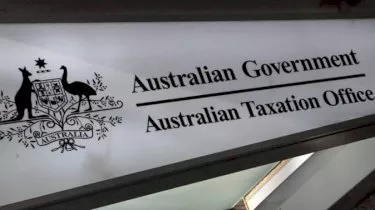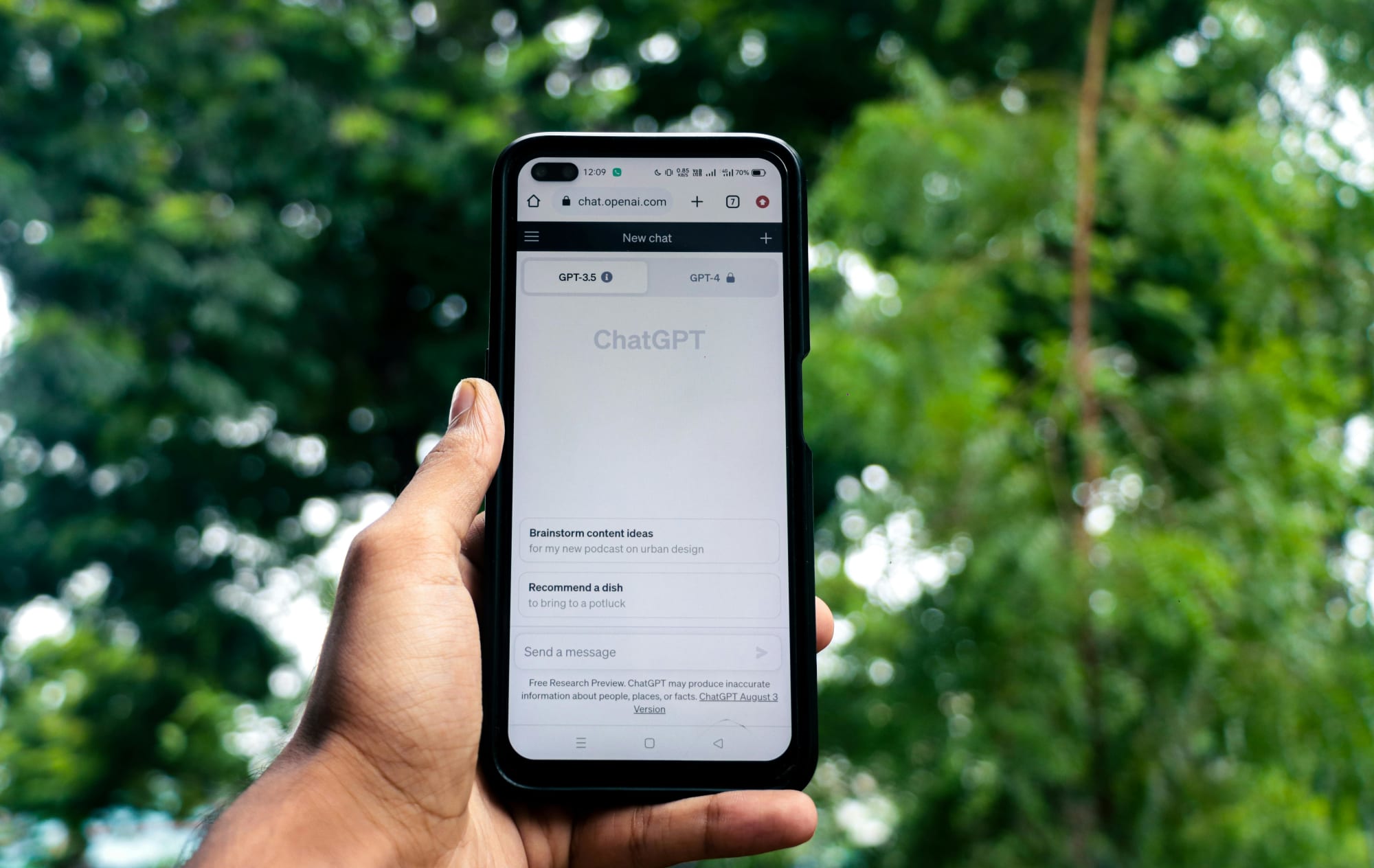Save
Taxpayers warned on tell-tale signs of a tax scam
The ATO has provided taxpayers with tips on how to identify and protect themselves from tax-related scams as fraudsters become increasingly sophisticated in recent months.
Taxpayers warned on tell-tale signs of a tax scam
The ATO has provided taxpayers with tips on how to identify and protect themselves from tax-related scams as fraudsters become increasingly sophisticated in recent months.

In an online article, the ATO said individuals should be aware that the Tax Office will never threaten them with immediate arrest, jail or deportation.
It also stated that the ATO will never call demanding immediate payment of a tax debt, ask for payment via vouchers such as iTunes and Google Play or Bitcoin, or request a fee to be paid to release a refund.
Some of the other tell-tale signs the ATO said are abusive or threatening behavior and asking for the money to be transferred to an account with a BSB that is not held with the Reserve Bank of Australia.
“We will inform you about your tax debt before it is due. You can also check if you owe us money through your myGov account, your tax agent, or by phoning us,” the ATO said.

“We provide you with a range of legitimate payment options on our website if you have a tax debt.”
The ATO also informed taxpayers that it won’t use email, text messages or social media to provide personal information such as a TFN, credit care or bank details, nor will it send downloadable files or tell individuals to install software.
Some of the typical ways that scammers may try to trick individuals, it said, is by using voice over internet protocol phone numbers to make and receive calls from anywhere in the world or spoofing phone numbers to make calls and text messages appear to come from Australia.
Scammers may also send pre-recorded messages to large numbers of people asking for an immediate call back, the ATO explained.
They may also send copycat emails with attachments or links that take individuals to fake login screens or web pages to trick you into downloading malicious software or giving them your personal information or contain programs that record your computer key strokes to get your personal information or login credentials, it warned.
Some scammers may also send ransomware or malicious software that stops your computer working until you pay a fee – often by Bitcoin.
Spoofing websites or login pages designed to access personal information and accessing public profiles on social media to learn about an individual so they can meet proof of record ownership or break their passwords are other methods used.
The ATO said that individuals should only share their personal information with people they trust and organisations with a legitimate need for it.
“You should treat requests for personal information with caution. Before providing your personal information, ask the person who calls, emails, messages or comes to your door for some identity credentials and verify the person’s credentials by calling their organisation or place of work,” it said.
It also recommended keeping personal information in a secure place and avoid carrying documents such as birth certificates or passports in handbags or wallets unless they are needed.
“Don’t store personal information, such as TFNs, passwords or PINs, in your mobile phone,” it said.
“Never leave personal papers or spare house keys in the glove box of your car. Use a locked mailbox or a post office box if you receive large volumes of mail.”
It also said to shred or destroy documents that contain any personal information.
“Make sure electronic documents containing personal information are secure. Protect these files with passwords and encryption, or use a trusted data vault website,” the ATO said.
The ATO reported back in early December last year that more than 37,000 scam attempts had been made in the month of November alone. Over $800,000 was lost to scammers impersonating the ATO that month.
It also warned investors about a sophisticated scam in early January involving fake telephone calls impersonating the Tax Practitioners Board.
The Tax Office has also had to contend with scammers impersonating registered tax agents in a bid to lend credibility to the scam.

Scams
Holiday scams are now a P&L risk: Why Australian brands must treat cyber fraud as a growth problem, not just an IT issue
The festive fraud spike isn’t simply a consumer cautionary tale—it’s a balance sheet and brand-trust event for retailers, marketplaces and financial services. With AI‑assisted scams surging and ...Read more

Scams
Trend Micro forecasts a new era of AI-driven scams by 2026
In a comprehensive report released today, cybersecurity leader Trend Micro Incorporated warns that 2026 will mark a significant turning point in the evolution of scams, driven by artificial ...Read more

Scams
Australians urged to stay vigilant as holiday scammers ramp up activity
As the festive season approaches, Australians are being warned to be on high alert for a surge in scam activities. With the increase in online shopping, travel bookings, and holiday preparations, ...Read more

Scams
Scam alert: Trend Micro warns Aussies to be vigilant as Black Friday approaches
As Australians prepare to dive into Black Friday shopping, cybersecurity firm Trend Micro has issued a stark warning about a surge in scam activities targeting eager consumers. According to a recent ...Read more

Scams
Economic stress leaves Australians vulnerable to job and financial scams
As Australians brace for the holiday season, a significant increase in job and financial scams is raising alarms. New findings from global cybersecurity leader Trend Micro Incorporated reveal that ...Read more

Scams
AI-driven investment scams explode: Millions of fraudulent sites blocked, billions lost
In an alarming trend that has caught the attention of cybersecurity experts worldwide, the use of artificial intelligence (AI) in investment scams has surged dramatically. Between March and October ...Read more

Scams
From awareness to accountability: Banks turn scam prevention into a core P&L discipline
Scam Awareness Week is the headline, but the real story is a structural shift: fraud prevention is moving from compliance footnote to board-level performance driver. ANZ’s 15% reduction in scam losses ...Read more

Scams
Inside ANZ’s $100m scam‑fight playbook: how banks can turn awareness into prevention
Public-service messaging won’t stop modern scammers. Australia’s banks are moving from posters to prevention, blending AI, network controls and customer friction to change outcomes. ANZ’s program ...Read more

Scams
Holiday scams are now a P&L risk: Why Australian brands must treat cyber fraud as a growth problem, not just an IT issue
The festive fraud spike isn’t simply a consumer cautionary tale—it’s a balance sheet and brand-trust event for retailers, marketplaces and financial services. With AI‑assisted scams surging and ...Read more

Scams
Trend Micro forecasts a new era of AI-driven scams by 2026
In a comprehensive report released today, cybersecurity leader Trend Micro Incorporated warns that 2026 will mark a significant turning point in the evolution of scams, driven by artificial ...Read more

Scams
Australians urged to stay vigilant as holiday scammers ramp up activity
As the festive season approaches, Australians are being warned to be on high alert for a surge in scam activities. With the increase in online shopping, travel bookings, and holiday preparations, ...Read more

Scams
Scam alert: Trend Micro warns Aussies to be vigilant as Black Friday approaches
As Australians prepare to dive into Black Friday shopping, cybersecurity firm Trend Micro has issued a stark warning about a surge in scam activities targeting eager consumers. According to a recent ...Read more

Scams
Economic stress leaves Australians vulnerable to job and financial scams
As Australians brace for the holiday season, a significant increase in job and financial scams is raising alarms. New findings from global cybersecurity leader Trend Micro Incorporated reveal that ...Read more

Scams
AI-driven investment scams explode: Millions of fraudulent sites blocked, billions lost
In an alarming trend that has caught the attention of cybersecurity experts worldwide, the use of artificial intelligence (AI) in investment scams has surged dramatically. Between March and October ...Read more

Scams
From awareness to accountability: Banks turn scam prevention into a core P&L discipline
Scam Awareness Week is the headline, but the real story is a structural shift: fraud prevention is moving from compliance footnote to board-level performance driver. ANZ’s 15% reduction in scam losses ...Read more

Scams
Inside ANZ’s $100m scam‑fight playbook: how banks can turn awareness into prevention
Public-service messaging won’t stop modern scammers. Australia’s banks are moving from posters to prevention, blending AI, network controls and customer friction to change outcomes. ANZ’s program ...Read more













